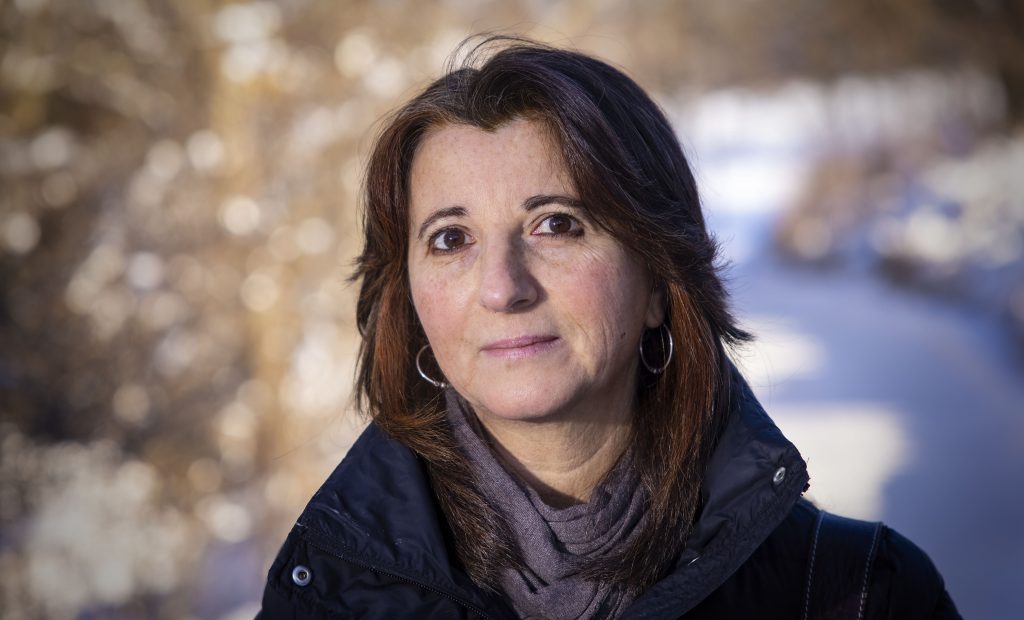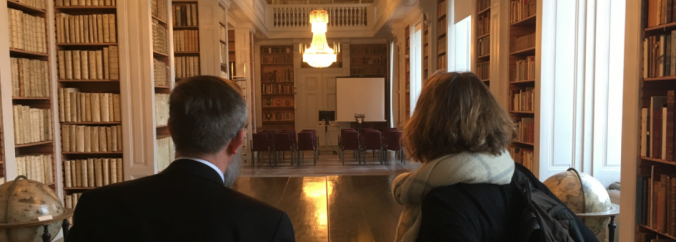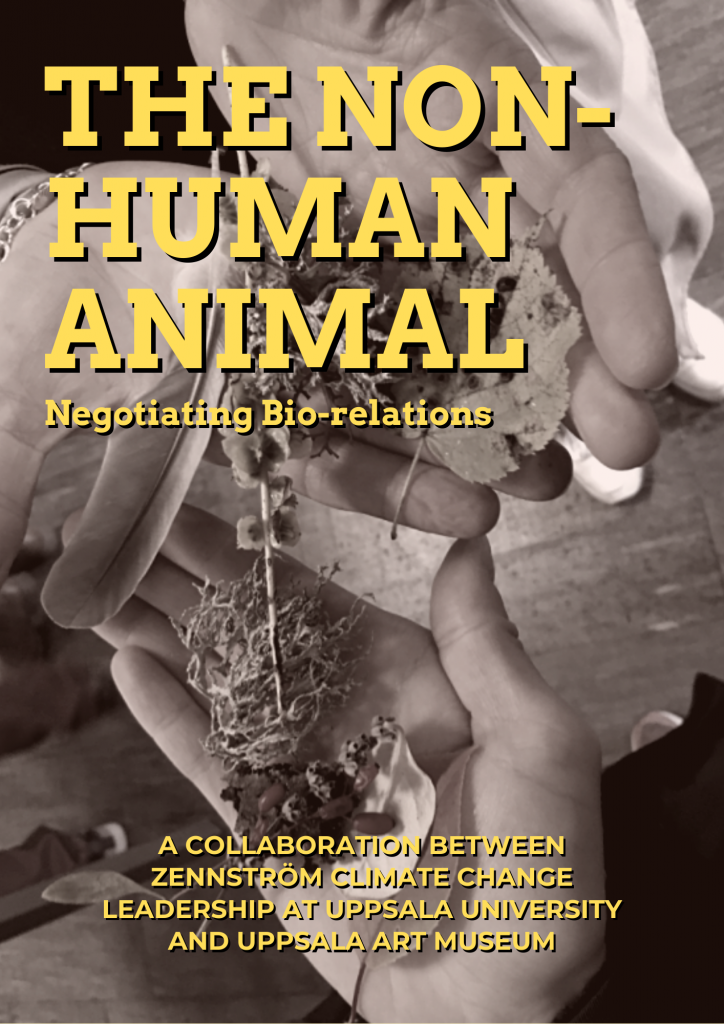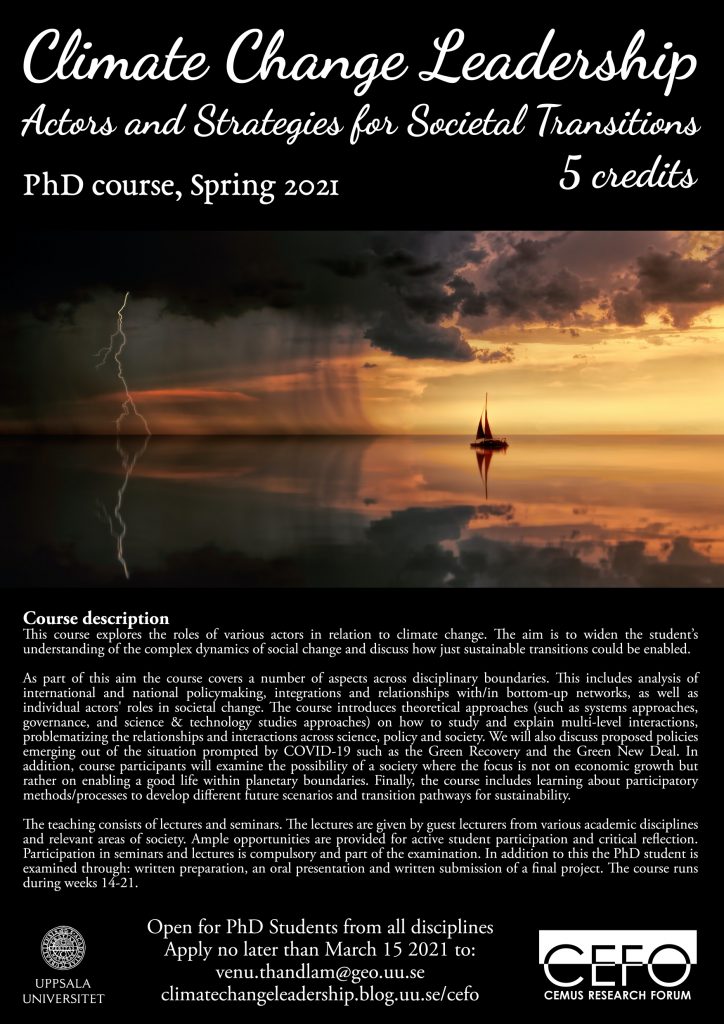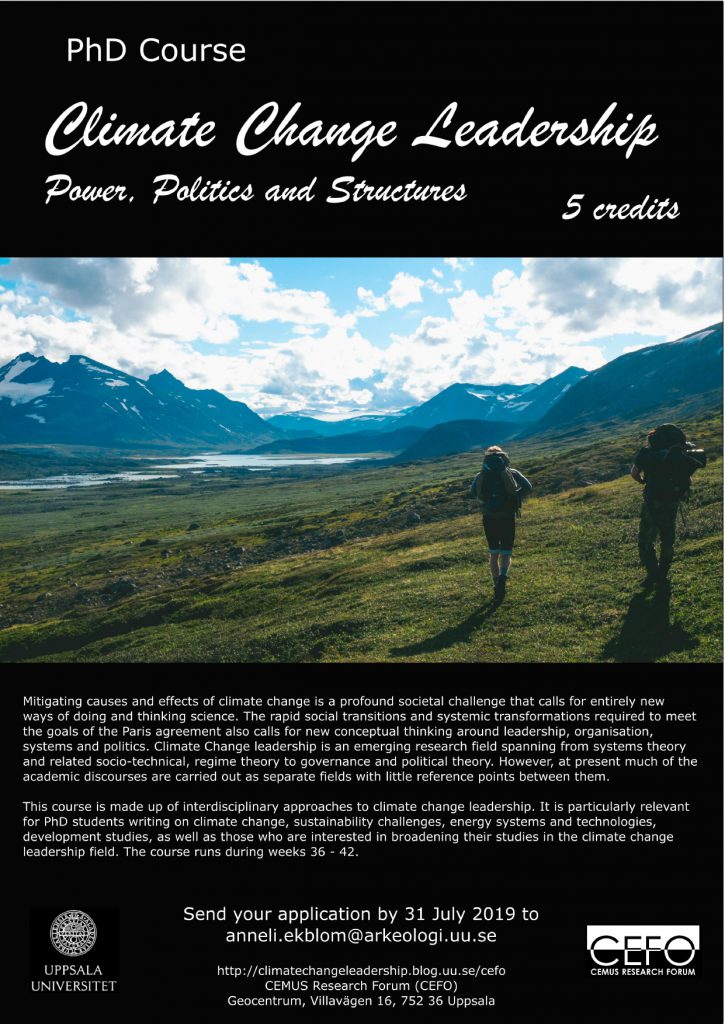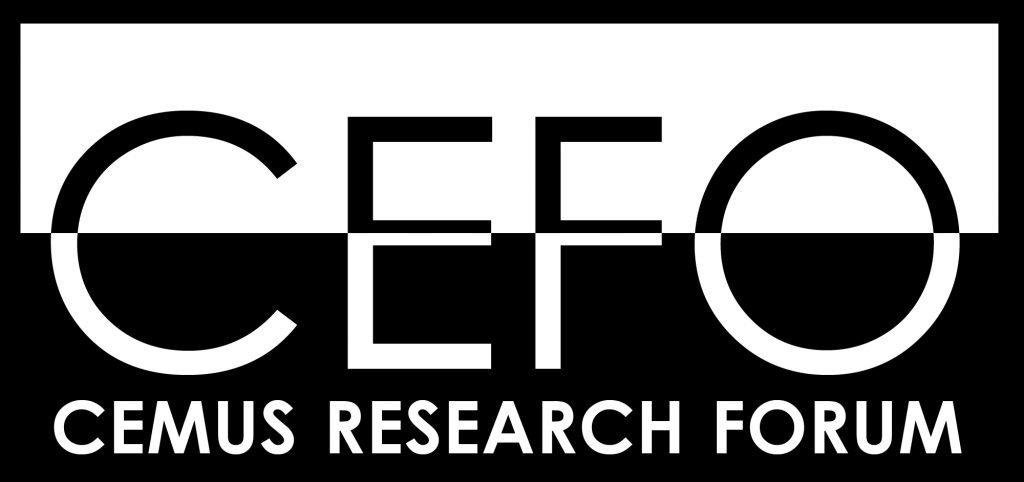This text is a part of a travelling conversation
What are sustainable academic cultures? Sanna asks. Ah, this is such a good question, I think to myself on a Thursday evening past 6 pm. I had just discussed with one of my supervisors this week that it’s important to try to focus on my dissertation project, to try to cut out everything else. Nothing is worth it if you break down with stress and overwork, she said. I had asked her strategies for dealing with stress, since I haven’t been able to sleep very well this semester. It still feels like I am trying to adjust back into my usual rhythm in my Swedish academic life, even two months after coming back from my three-month stay in Japan. I was happy to be able to discuss my vulnerable sides with her (as well as with my other supervisor, which gave similar advice), and I thought their advice was wise. It’s really important not to overload myself.
And here I am again, agreeing to give some thought on a writing project “for fun.”
To try not to do other things than my research –this seemingly simple act, why is it so difficult?
And then I again, I hear myself reply, But this is fine because it is a fun thing. In reality, everything that I sign up for outside of my dissertation, I do so because I either think it’s important or it’s fun, or both. I agreed to teach again on a course this semester at my department called Sustainable Development and Globalization. I love facilitating learning. But it does take more time than the compensation you get. And it has been more stressful than working as a Course Coordinator at CEMUS (the student-led education centre, The Centre for Environment & Development Studies) – although it’s not clear to me why exactly. More responsibility, yes, because you are the “teacher,” a seeming expert on something (while most times you are not). Perhaps more so, less support. There is no support structure in the same way that encourages you to try new things, helps you prepare, reflect, and try again. I feel slightly alone in this*.
I look back at Sanna’s piece. Two phrases jump out: Slow down and Care. Inspired by permaculture, she writes: If we start to observe, slow down, use our edge, what would that mean for how we teach, how we research, how we engage with communities, how we engage with each other? She points to regenerative collective caring in academia – what might this look like in practice?
It reminds me of how slow scholarship, something that I advocate for, calls for self-care as warfare: “cultivating space to care for ourselves, our colleagues, and our students is, in fact, a political activity when we are situated in institutions that devalue and militate against such relations and practices.”**
This is what we need. But, re-read: we also need to be caring for ourselves. How we can support each other, even if my friend-colleagues are ultimately rivals applying for same permanent positions in the future? How can we resist the temptation/pressure to overload ourselves when the world is burning?
The word count is over limit and the essay is unfinished, but I have to now close my computer. It’s 7 pm. Time to stop working, even if it’s fun.
Sachiko Ishihara, written March 2020, published here March 2021
A response to this was published on Tuesday the 23rd of March:
Week 12: World-making conversations, Isak Stoddard
*Students are recruited as Course Coordinators at CEMUS to design and facilitate undergraduate and Master’s courses with support from CEMUS staff and a working group consisting of researchers. Read more about the CEMUS model here.
** p.1239 from Mountz, Alison, Anne Bonds, Becky Mansfield, Jenna Loyd, Jennifer Hyndman, Margaret Walton-Roberts, Ranu Basu, et al. 2015. “For Slow Scholarship: A Feminist Politics of Resistance through Collective Action in the Neoliberal University.” ACME: An International E-Journal for Critical Geographies 14 (4): 1235–59.

